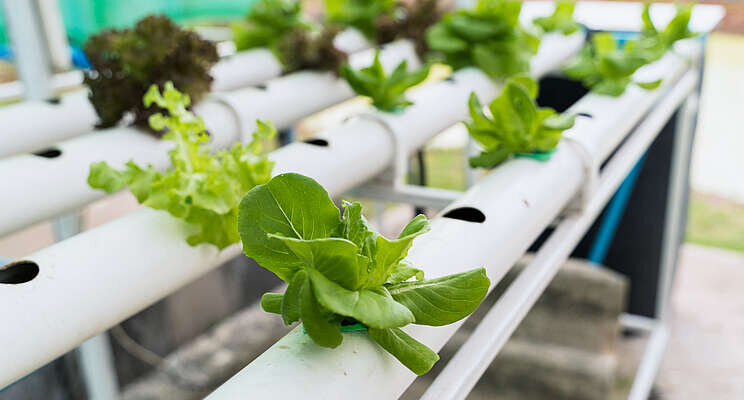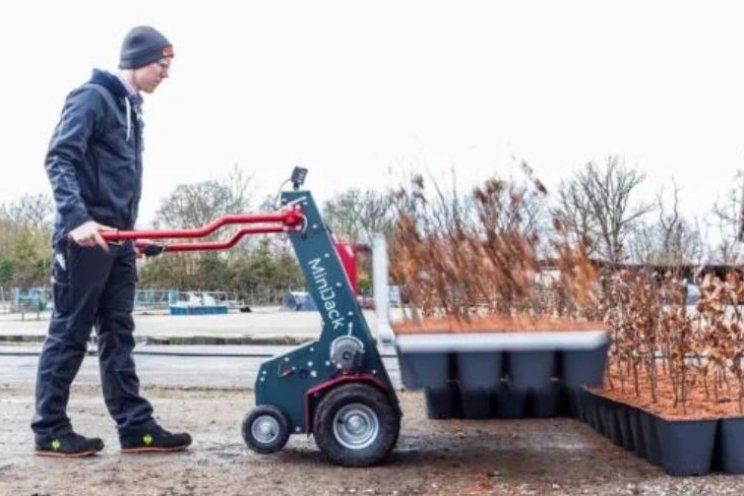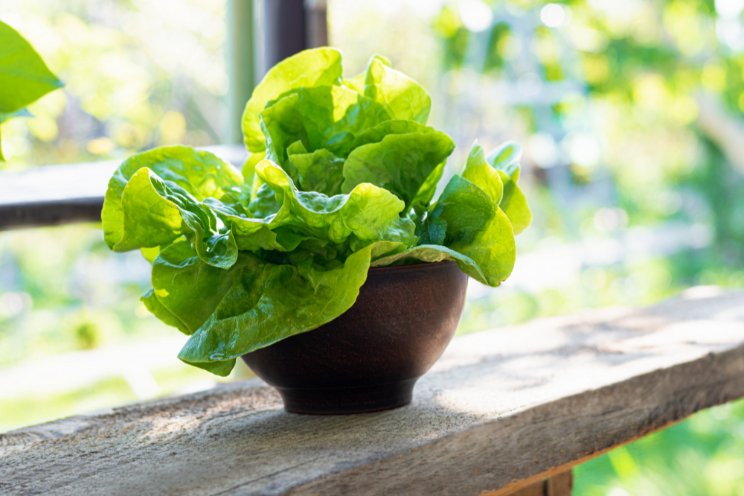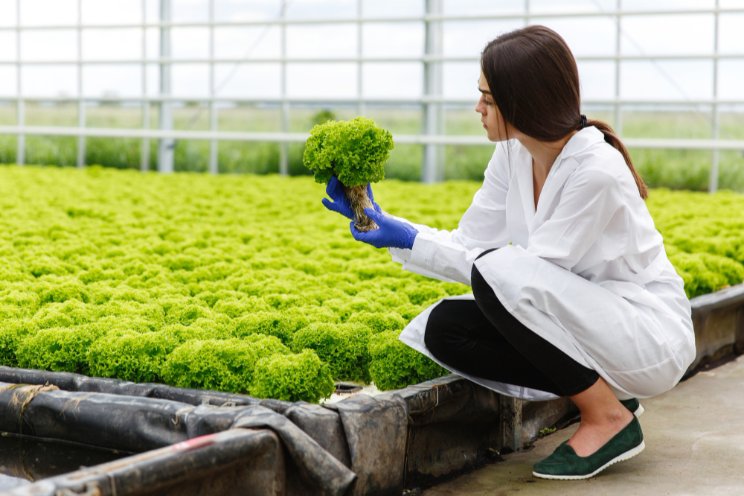A guide to planning a commercial aquaponics greenhouse
Added on 28 March 2022

Imagine running a business that uses innovative sustainable growing methods, creates little to no waste, and gives back to the community by supplying fresh, local food. Commercial aquaponics presents an opportunity to do all three, while also being financially profitable with high-value, year-round produce.
While an enticing opportunity, planning a commercial aquaponics greenhouse requires a detailed business plan and a clear understanding of your goals.
Let's discuss three major questions that can help clarify the scale, vision and financial goals for your commercial aquaponics greenhouse. All growers should consider these questions before detailing a business plan and should also read our blog, Can a Commercial Aquaponics Greenhouse be Profitable? (Note: In warm climates some large scale aquaponics farms are located outside. Most growers, however, depend on year-round greenhouses for added climate control and protection for their systems.)
1. Can you be the head grower of a Commercial Aquaponics Farm?
First, do you want to manage the day to day operations of a commercial aquaponics greenhouse? More importantly, do you have the skills to do so? Many growers underestimate the transition from a backyard system to a large-scale aquaponics project. It is important to understand that as a growing method, aquaponics is significantly more complicated than a hydroponic or soil-based commercial greenhouse. Instead of managing one ecosystem - the plants - you are managing two more: the fish and a living bio-filter made of bacteria and worms.
Sylvia Bernstein tactfully sums this up in her book, Aquaponic Gardening:
"The riskiest thing you can do is go to a weekend workshop and think that you are ready to manage a large aquaponics operation. While aquaponics is not too complex once you understand how it all works, you need to grow for a while before you become experienced at recognizing signs of trouble. I can now walk into my greenhouse and instantly know that something is wrong because the sounds and the smells aren't normal. I can look at the fish and observe their eating habits and tell how healthy they are. I can look at the plants and tell if I have a pH, nutrient or insect problem. I shudder to think what would have happened had I started a large growing operation before honing these skills."
If you do not have aquaponics growing experience, your options are to start small and learn, or to hire an experienced grower. Large-scale aquaponic greenhouses often hire two head growers - one with a specialty in aquaculture (fish) and one who specializes in horticulture (plants). Experienced growers often recommend setting these up as two potentially independent systems that can, if necessary, be operated on their own. Regardless, identifying who has the knowledge and experience level that is right for your scale is a key first step to planning your commercial aquaponics venture.
Photo created by freepik - www.freepik.com
Source: Agritech Tomorrow
More news















